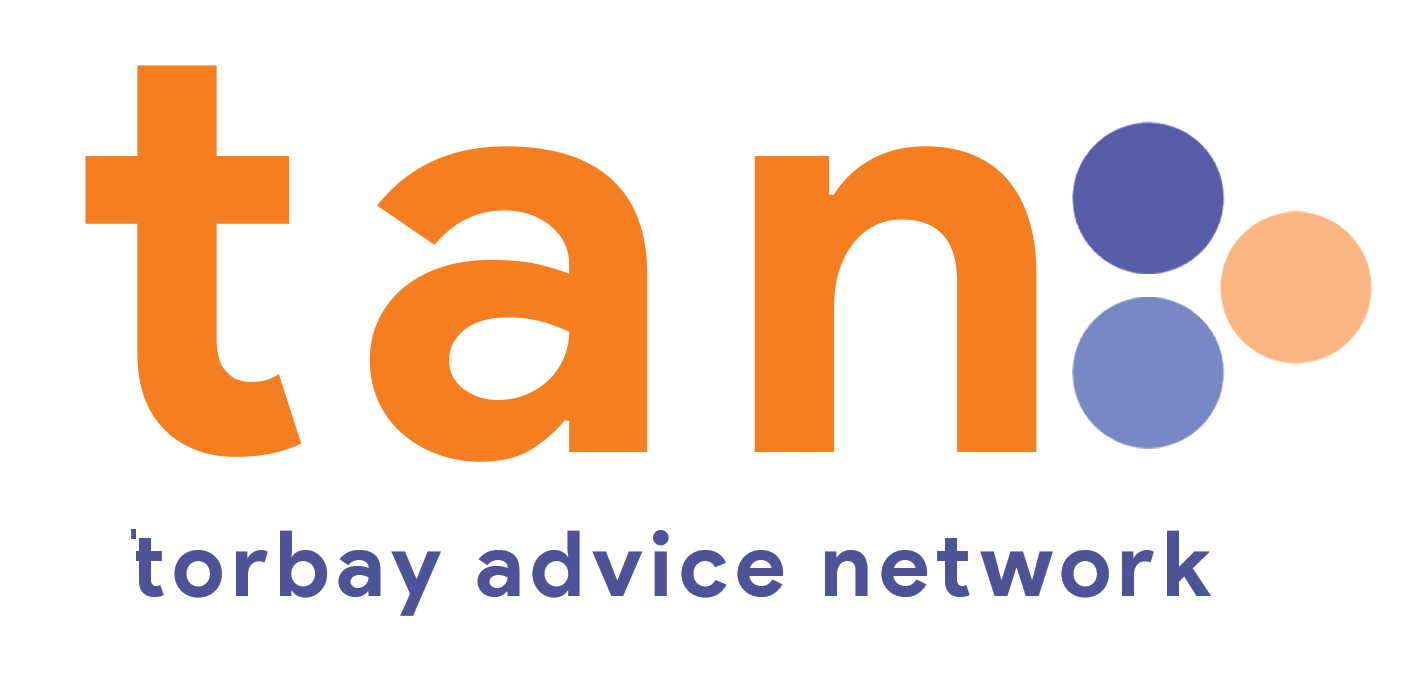This report examines how material living standards – most commonly measured by households’ incomes – have changed for different groups in the UK, and the consequences that these changes have for income inequality and for measures of deprivation and poverty.
Conditionality requirements that people who receive Universal Credit (UC) must comply with can significantly limit their availability to engage with training, due to job search activity they are required to complete each week. These obligations also interact with a range of personal circumstances that people on UC will hold, such as childcare or caring responsibilities, which again can create barriers to training and development activity.
The Health Adjustment Passport can be used if you have a disability or health condition that makes it harder for you to move into work or stay in a job.
You can use it to:
support you to identify what support and changes (known as reasonable adjustments) you may need when you are in work or moving into work
apply for support from Access to Work. This could include funding for specialist equipment to support you to do your job, support getting to and from work or support when you are in work, such as job coaching
help you talk to employers about adjustments and in-work support that you may need
A job could also include self-employment, an apprenticeship, work experience or a supported internship.
The fifth LSE-CEP survey of the self-employed of May 2022 provides an up to date picture of how Covid-19 and its aftermath keep affecting the self-employed. The findings show that, although working on average a little more, incomes and profits of these workers have not recovered from the hit of the pandemic. In fact, they are now suffering from the new pressure of the rising costs of energy, which has become a matter of main concern for the growth of small and medium businesses. Overall, the results suggests that the already slow recovery of the self-employed from the effects of Covid-19 is in jeopardy because of new challenges.
To date, 25 million cases of Covid-19 have been reported in Britain. There is growing data demonstrating exposure in the workplace is a significant source of Covid infection.
For many workers, carrying out their job puts them at greater risk of exposure to Covid-19, a virus which can cause ill-health effects for more than a year, and has been fatal for more than 15,000 people of working age in Britain.1 There is evidence from large workplace outbreaks that working at close proximity to others increases the risk of infection.
It is generally understood by employers that they can refuse employee requests for particular dates and time periods of annual leave and dictate when it must be taken, but can leave that has been pre-booked by agreement be cancelled and, if so, how?
The Social Security (Special Rules for End of Life) Bill [HL] 2022-23 would amend the definition of terminal illness used by the Department for Work and Pension (DWP) and medical professional to fast-track certain benefit claims for people nearing the end of life.
As part of the Armed Forces Covenant, DWP is improving the way current and former members of the armed forces and their families access Jobcentre Plus services. This includes having an armed forces champion in every Jobcentre Plus District who ensures that we provide support that meets the needs of the armed forces community.
This briefing explains the law on assisted suicide in England and Wales. It examines recent parliamentary activity, developments in other legal jurisdictions, human rights challenges, and stakeholders’ views.
The Trussell Trust, a charity working to end the need of food banks, has reported a 15% drop in the number of three-day emergency food parcels it distributed between 31 March 2021 and 1 April 2022, compared to the year before. This was still an increase of 14% compared to the year 2019-2020, before the pandemic. In 2021-22 it distributed 2.1 million food parcels in the UK.




